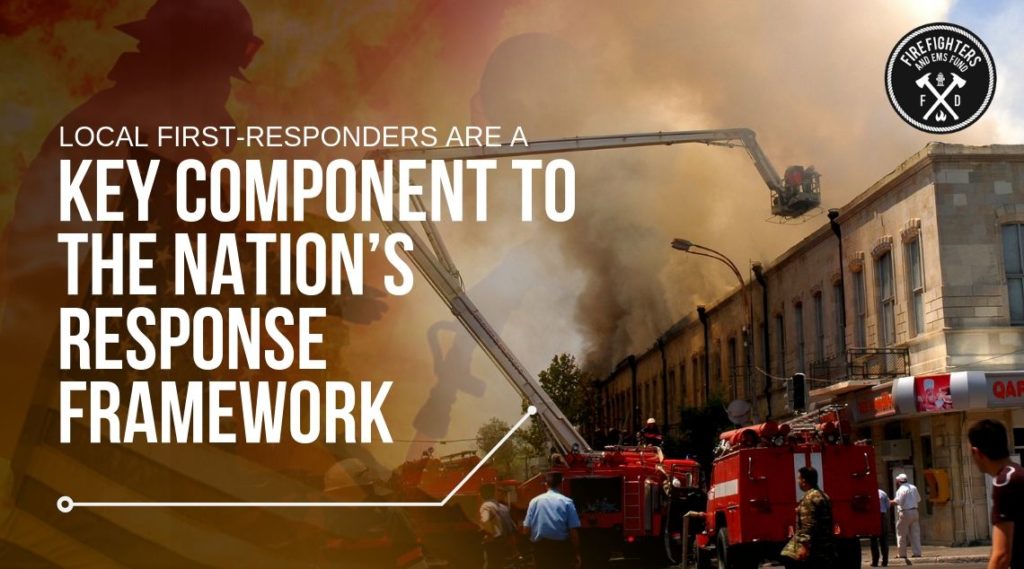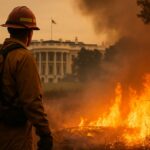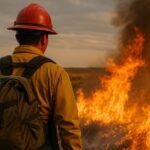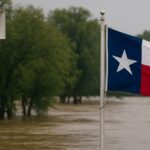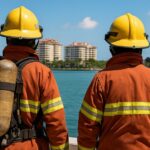Most of us remember all too clearly the horrific attacks of September 11, 2001. The scenes of carnage and unspeakable tragedy are forever etched into our American psyche. But so are the scenes of undaunted courage and sacrifice on the part of the first-responders who raced into the burning towers and climbed thousands of feet of stairs to reach citizens trapped inside. Indeed, America’s firefighters are a key component to the United States national emergency response framework. They are quite literally our first line of defense and a key component of the National Response Framework (NRF).
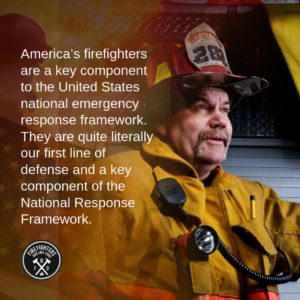
The NRF, as defined by the U.S. General Services Administration, “is a guide to how the Nation responds to all types of disasters and emergencies. It is built on scalable, flexible, and adaptable concepts identified in the National Incident Management System to align key roles and responsibilities across the Nation.” In short, the NRF describes the principles, role and responsibilities, and core capabilities required to respond to an emergency incident. Firefighters play a key role in this framework, as they are the first to arrive on the scene of an emergency along with law enforcement and other local first responders. Firefighters are the first to arrive on the scene and they are the last to leave.
Firefighters are in fact responsible for protecting all federally owned or leased buildings, which is a major responsibility. These federally owned buildings include,
- 1,500 Government Services Administration (GSA)-owned buildings
- 8,100 GSA-leased buildings
- 687 Federal Courthouses
- 31,585 Postal Service-manager buildings
Local first responders are the first line of defense for these federally owned facilities in the event of an emergency such as a fire, natural disaster or terrorist attack. While we may think of firefighters as our own local heroes, responding to house fires or medical emergencies, they also play a critical role nationally and are always prepared to respond to national emergencies.
Firefighters put their lives on the line every day and the least we can do is ensure they have the resources they need to protect the public. But when faced with budget cuts, local political leaders are often comfortable cutting funding to their fire departments. Find out how budget concerns impact fire departments and crews. Read more here.

